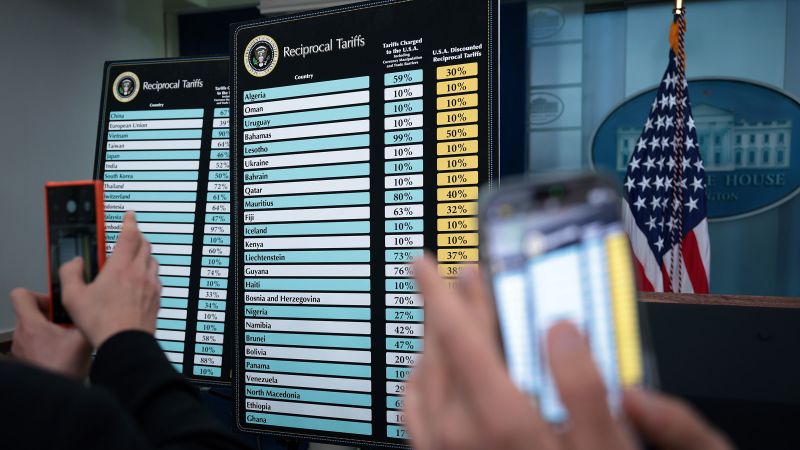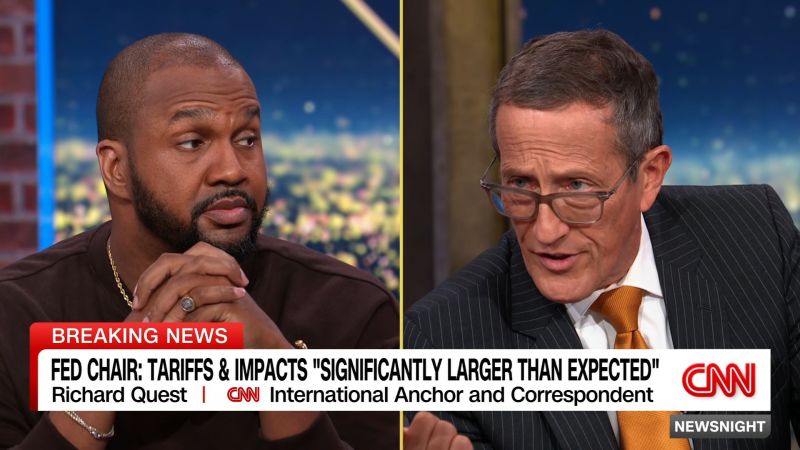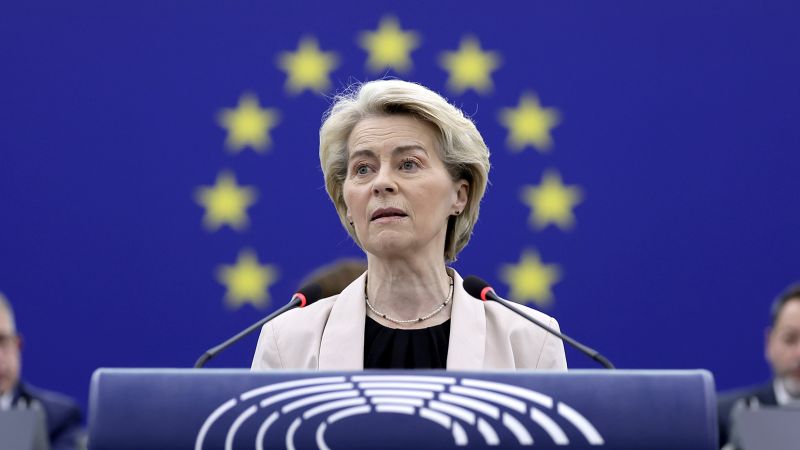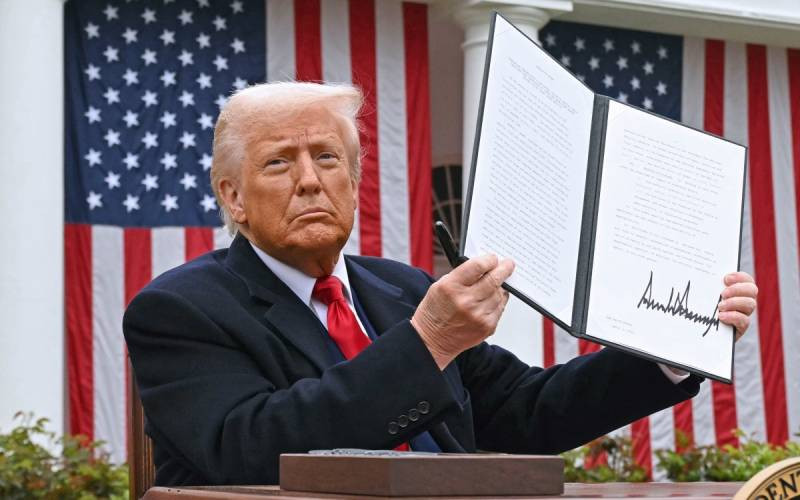Reactions and Impact of Trump's Tariffs

In a move that has sent shockwaves through the global economy, US President Donald Trump has enacted sweeping tariffs on imports from a vast array of nations, ranging from economic powerhouses to sparsely populated territories. The announcement, made on Wednesday, has been met with both criticism and support, as analysts and policymakers grapple with the potential consequences of this unprecedented action.
Trump's decision to impose tariffs across the board marks a significant departure from traditional trade policy. While previous administrations have used tariffs as a tool to address specific trade imbalances or protect domestic industries, Trump's approach is far more comprehensive, targeting nearly all imports into the United States.
The list of nations and territories affected by the tariffs is extensive and includes some unexpected entries. Even regions with minimal economic activity or no permanent population have been included. For example, the Heard Island and McDonald Islands, an uninhabited Australian territory in the southern Indian Ocean, now face a 10% tariff. These remote islands, described by the CIA World Factbook as "80% ice-covered" and "bleak," have no economic activity since the cessation of elephant seal oil trade in 1877.
Other territories facing tariffs include the Cocos Islands, another Australian territory with a population of 600, which exports ships to the US. The small Norwegian island of Jan Mayen, with no permanent residents and an economy of zero, is also on the list. Tokelau, a self-administered territory of New Zealand with a population of 1,600 and a modest economy, now faces a 10% tariff as well.
The tariffs vary in severity, with some regions facing particularly high rates. Saint Pierre and Miquelon, a French territory near Newfoundland, faces a 50% tariff on its exports of processed crustaceans and shellfish. Lesotho, a country of 2.2 million people surrounded by South Africa, also faces a 50% tariff on its exports of diamonds, garments, wool, power equipment, and bedding.
Even areas of strategic importance to the US are not exempt. The British Indian Ocean Territory, populated by military personnel at the Diego Garcia airbase, faces a 10% tariff. The Marshall Islands, home to a key US military installation, also faces tariffs on its exports.
The European Union has reacted strongly to the tariffs, calling them a "major blow to the world economy." Ursula von der Leyen, head of the EU's executive arm, expressed deep regret over Trump's decision, warning of immense consequences for the global economy. She announced that the EU is preparing countermeasures to protect its interests and businesses.
Economists and policymakers are divided on the potential impact of the tariffs. Some argue that they will stimulate domestic production and create jobs in the US. Others fear that they will lead to higher prices for consumers, disrupt supply chains, and trigger retaliatory measures from other countries.
Several countries are now facing higher tariffs. India faces a 26% tariff, slightly higher than the 20% for the European Union, the 24% for Japan, and the 25% for South Korea. China was hit with one the highest rates for a major US trading partner and now faces a tariff of at least 54% on many goods.
Domestically, analysts are wary of the possible outcomes from this trade war. Ana Navarro stated that these tariffs will cause children in the U.S. to go hungry. Secretary Scott Bessent urged other countries to not retaliate against Trump's tariff announcement.
Gold prices have surged to new highs as investors seek refuge in the precious metal amid the uncertainty created by the tariffs. Stock futures have declined, and technology companies that rely on foreign-manufactured components have experienced sharp declines.
The political implications of Trump's trade policy are also significant. While he has a base of support who share his skepticism of globalization and believe that the US has been taken advantage of in trade deals, others worry that the tariffs will hurt American consumers and businesses.
As the world awaits the full impact of these tariffs, one thing is clear: Donald Trump has taken a major gamble with the US economy, one that could have far-reaching consequences for years to come.







